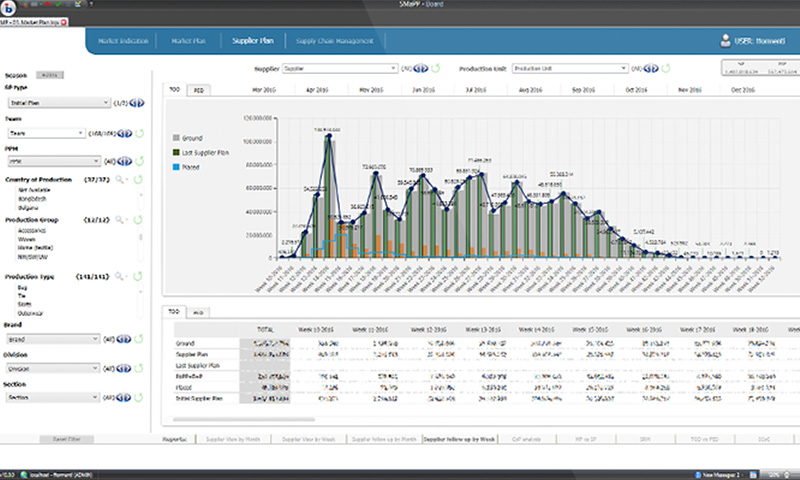Financial management is critical to enterprises. The module aims to introduce different techniques enterprises can use in financial management and evaluate both numerical and theoretical applications of financial management for enterprises. The module will include calculating economic order quantity, optimal cash balance, debt and equity valuations, and optimal capital structure. Agency theory, pecking order logic, and institutional perspective will be introduced as the theoretical underpinning. This is parallel to the debate on finance issues in family firms and women-led enterprises. Government initiatives and policy agenda are also showcased, whilst the impact of institutional intervention is evaluated.
The ability to understand, analyse and question financial information is essential to current managers whether they have a financial or general management role. This module enables you to read, analyse and question the information that is provided by the financial accounting system. The areas covered by this module include both the financial and management accounting information which operational managers will need to contend with in the course of their career
Making a sound corporate financial decision in an international environment is a complex activity. Poor financial decisions and strategies could affect organisations not maximising shareholder value. This module enables you to understand the international financial system and apply the various international financial strategies available to international corporate managers.
The module aims to develop knowledge and skills in the application of management accounting techniques to quantitative information for planning, decision making, performance evaluation and control. Learning Outcomes LO1 Select and Apply management Accounting decision-making techniques to inform business decisions
Effective leaders, managers, citizens and employees need to be capable of basing their decision-making on information and knowledge derived from research. The aim of this module is to contribute to the research knowledge and skills appropriate for a taught master's programme and relevant for careers in professional or management roles. The participant is required to produce a dissertation, at an advanced level, based on independent research. This should demonstrate an understanding of the philosophy and core principles of research (empirical or non-empirical) and show their competence in the design, execution and reporting of a research-based dissertation. In this way the participant’s ability is developed to carry out subsequent research, independently and to commission, manage and evaluate the research activities of others. Therefore, the knowledge and skills acquired in the module and of producing the project, will contribute to the student's effectiveness throughout her/his career.


/prod01/wlvacuk/media/departments/digital-content-and-communications/images-18-19/iStock-163641275.jpg)
/prod01/wlvacuk/media/departments/digital-content-and-communications/images-2024/250630-SciFest-1-group-photo-resized-800x450.png)
/prod01/wlvacuk/media/departments/digital-content-and-communications/images-18-19/210818-Iza-and-Mattia-Resized.jpg)
/prod01/wlvacuk/media/departments/digital-content-and-communications/images/Maria-Serria-(teaser-image).jpg)
/prod01/wlvacuk/media/departments/digital-content-and-communications/images-2024/241014-Cyber4ME-Project-Resized.jpg)
/prod01/wlvacuk/media/departments/digital-content-and-communications/images-18-19/210705-bric_LAND_ATTIC_v2_resized.jpg)





